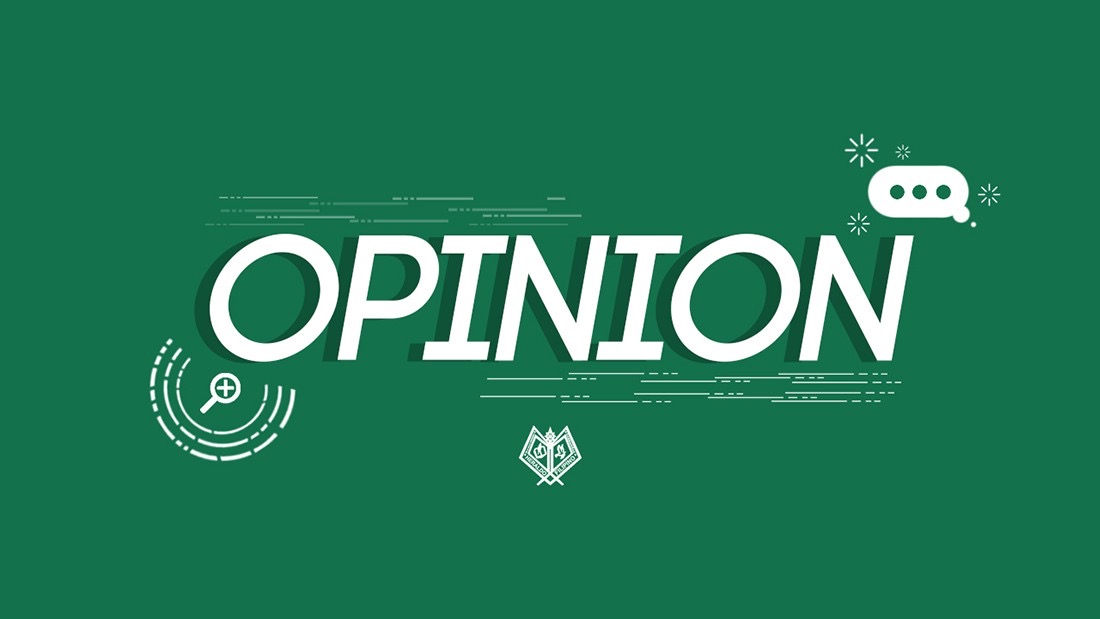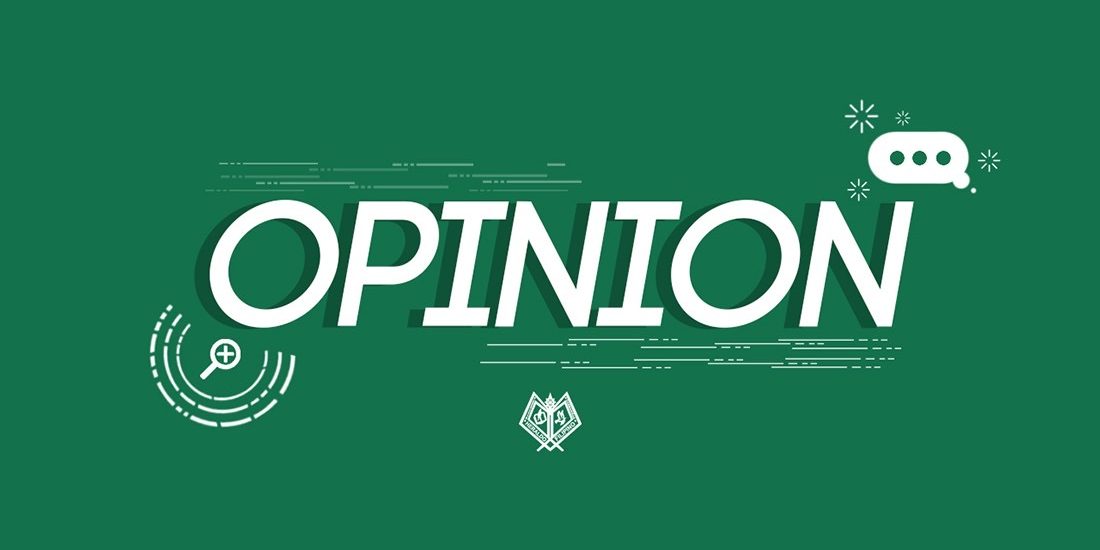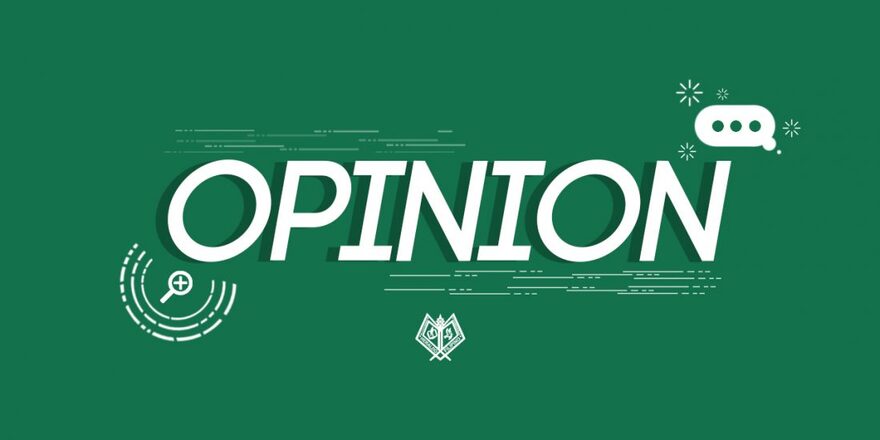Where accountability lies
Originally published in Heraldo Filipino Volume 38, Double Issue
Accountability lies everywhere—in school, work, our everyday lives, and more in the bigger sectors of the society. It is always attached in our names and in every situation we get involved in: every second, every minute, and every hour of the day. As technology advances rapidly, social media has become a platform for discussing countless topics, particularly socio-political issues.
As someone who finds oneself locked in 24/7 with social media apps, I came to realize that the more we see faults in our environment, the more we seek accountability from who’s responsible—so much for the word accountability, that it gets thrown around with little regard of what it really takes to uphold it.
Accountability, as defined, is the state of being responsible for a set of duties. It is a crucial aspect of personal and professional life, shaping how individuals and organizations perform within the space, as it entails taking responsibility for one’s actions, decisions, and their consequences.
As short and understandable as this definition appears to be, the concept of accountability still remains sensitive to some. If accountability is the bare minimum we should all uphold, then why has society created a system where it must be sought rather than simply expected?
I came across this one TED Talk by Michael Timms entitled “How to claim your leadership power,” where he discussed the importance of personal accountability when dealing with challenges both at home and at work. He encouraged people to model accountability themselves, as it inspires others to do the same, suggesting that by practicing three habits—not blaming, looking inward, and engineering solutions—people can improve teamwork, problem-solving, and overall outcomes in various aspects of their lives.
Accountability is an important aspect of self that everyone must utilize. However, it should not be the only focus. In any situation, it must be balanced with other approaches as well, such as ensuring that people understand the why and trusting them to carry out their responsibilities without direct oversight because they fully understand the importance of doing so.
To be accountable is to foster trust and integrity. Whether in leadership, workplace, or personal relationships, the concept of being answerable to one’s actions is necessary. While the degree of accountability may vary by situation, the core principle is that we hold ourselves responsible for our roles.
Call-outs are prevalent here and there, shaming others for their shortcomings, but when the one who calls out makes a mistake, consequences are minimal, and accountability is scarce. This system needs change—accountability isn’t a one-way street.
For instance, we are responsible for obeying rules and the laws. When we defy them, there are consequences. When we suddenly bump into strangers on the streets, accountability involves our immediate response to apologize. In the household, it lies in situations when, by accident, we broke something fragile and immediately admit that we did it. In the academic setting, it lies in encounters when we came late to the class or turned in an assignment past the deadline. In group settings, accountability lies in the freeloader or someone’s absence when they’re most needed—and also in those who fail to fulfill their assigned duties accordingly.
With the current state of our fast-paced society, understanding the concept of accountability is more important than ever. There is more to it than just merely the call out. It all lies in one’s capability to be critical not only of others but also of one’s self, and at the same time being self-aware enough to know when we should hold ourselves accountable, too. It is valid to hold others accountable, but one should also have the same level of introspect once they are liable.
The world is a cruel place, and it is in our hands to make it more bearable. By starting to own up to our own mistakes and shortcomings, we can open doors for others to do the same, too. It is a powerful act that extends beyond personal growth; it sets a precedent for others to follow. When we start by owning our mistakes and committing to making things right, we create a culture of integrity and trust, fostering an environment where growth, collaboration, and authenticity thrive.
Demonstrating that accountability is not a sign of weakness but a pathway to improvement, we can empower others to embrace their own accountability journeys, leading to more resilient and connected communities.





